According to witnesses, fighting continued in both Khartoum and the northern city of Omdurman, as well as Al-Hawa Street, a key artery in the south of the capital.
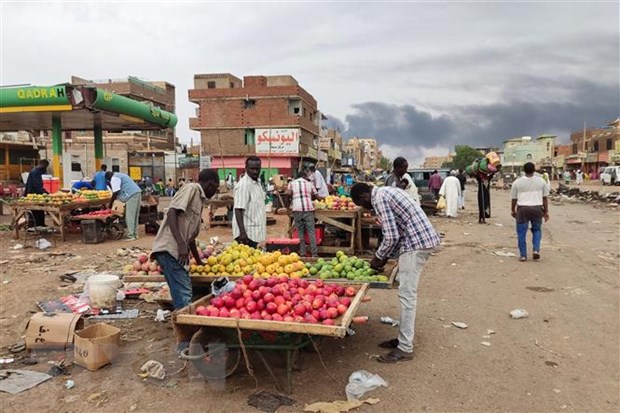
AFP news agency quoted witnesses as saying that on June 11, airstrikes and artillery shelling continued to shake the Sudanese capital Khartoum right after a ceasefire between the army and the paramilitary group Rapid Support Forces (RSF) expired.
Previously, the two warring sides agreed to a 24-hour ceasefire, allowing people trapped by fighting to go out to buy necessities on June 10.
However, witnesses said that just about 10 minutes after the ceasefire expired at 6:00 a.m. on June 11, the capital Khartoum was again engulfed in shelling and clashes.
According to witnesses, fighting continued in both Khartoum and the northern city of Omdurman, as well as Al-Hawa Street, a key artery in the south of the capital.
Earlier, US and Saudi Arabian mediators warned that if the warring parties did not comply with the 24-hour ceasefire, they could be forced to consider postponing the talks in the city of Jeddah, which have been stalled since late last month.
On June 9, Saudi Arabia and the United States announced that the rival factions in Sudan had agreed to implement a nationwide ceasefire within 24 hours.
In a statement, the Saudi Arabian Foreign Ministry stated that representatives of the Sudan Armed Forces (SAF) and the rival paramilitary RSF in Sudan have agreed to a nationwide ceasefire for 24 hours, starting from 6:00 a.m. on June 10 (local time, or 11:00 a.m. on the same day Vietnam time).
The parties agreed not to conduct airstrikes , artillery attacks and supply forces during the ceasefire.
After the ceasefire took effect, residents of Sudan's capital Khartoum said fighting there had temporarily subsided on June 10.
A resident of the city of Omdurman just across the Nile said the situation in Khartoum was "completely calm."
According to AFP news agency, the airstrikes and shelling that have rocked Khartoum have temporarily subsided, at least on June 10, allowing people still trapped here to go out to buy necessities.
At a market in Khartoum, people rushed to buy fruit and other basic goods.
Meanwhile, bus worker Ali Issa said many people were taking advantage of this moment to leave the capital before the latest ceasefire expires.
Fighting has been raging in Sudan since mid-April, when the army chief, General Abdel Fattah al-Burhan, and his former deputy, General Mohamed Hamdan Daglo, who commanded the RSF, turned against each other. Since then, several ceasefires have been agreed, but have also been broken.
The US imposed sanctions on both men after the most recent ceasefire collapsed in late May.
According to statistics from the non-profit organization Armed Conflict Location and Event Data Project, since the outbreak of fighting, about 1,800 people have been killed. Meanwhile, the United Nations said nearly 2 million people have been displaced, of which 476,000 have sought refuge in neighboring countries./.
Source


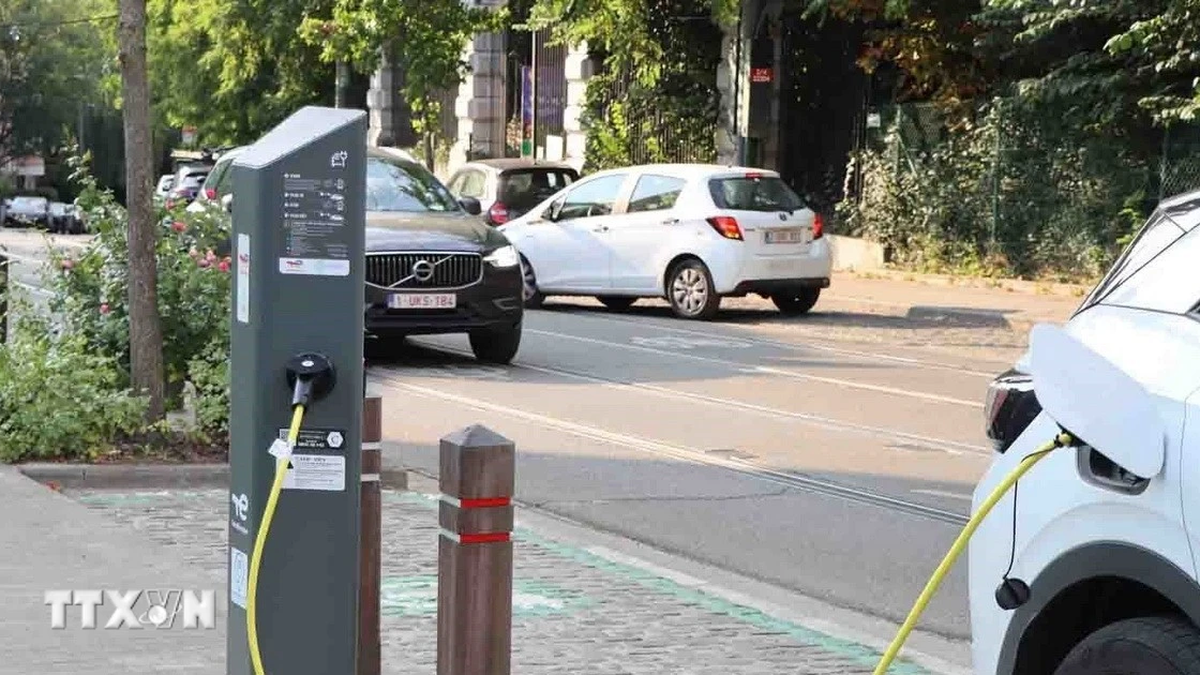

![[Video] WHO warns of the risk of widespread spread of Chikungunya virus](https://vphoto.vietnam.vn/thumb/1200x675/vietnam/resource/IMAGE/2025/7/23/aeef148d4a044aaab529e0b726dd5d5f)

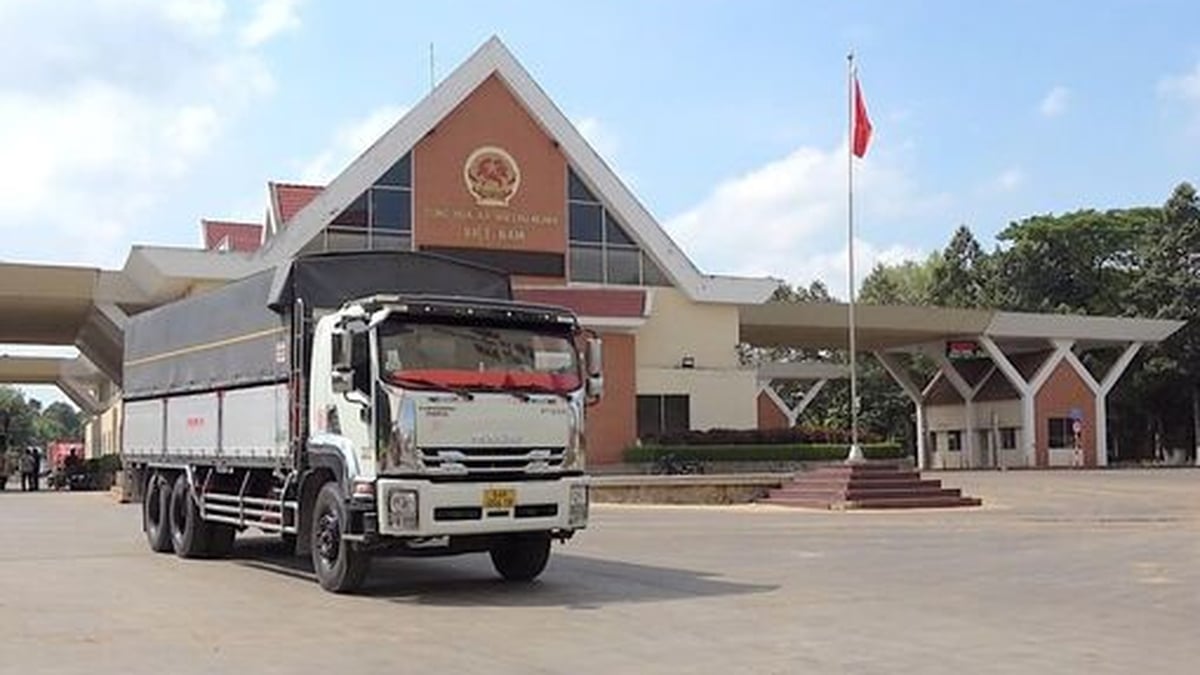






























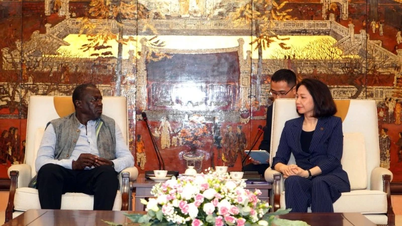













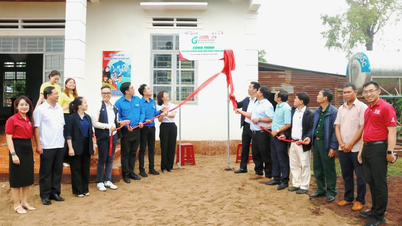












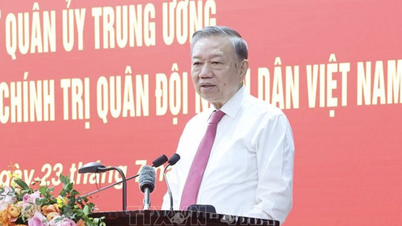

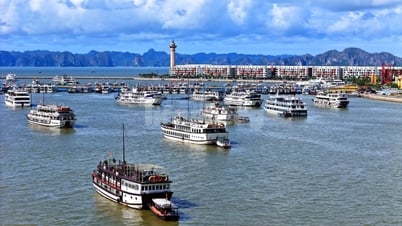

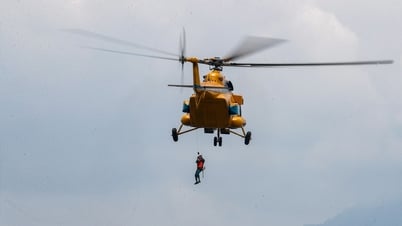





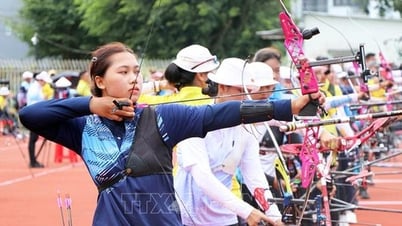


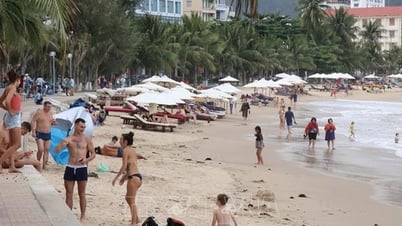







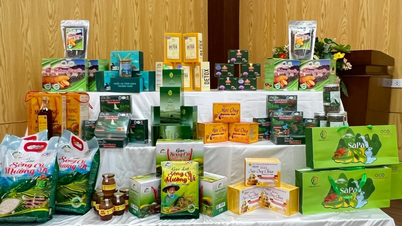













Comment (0)